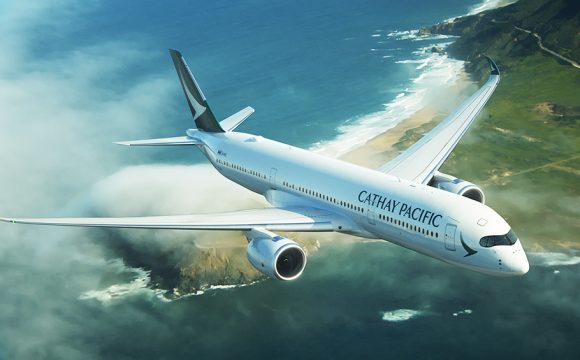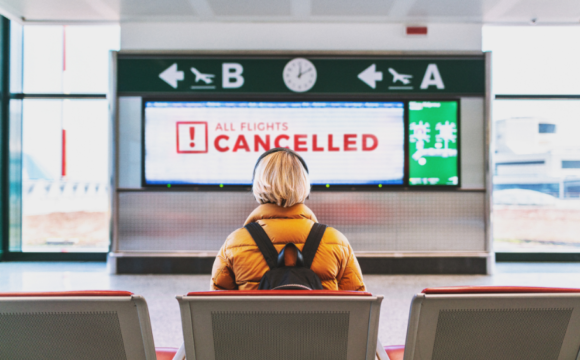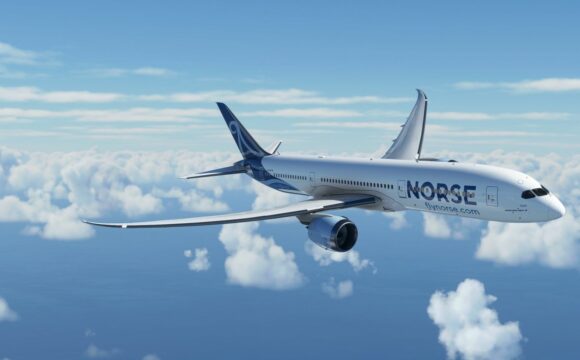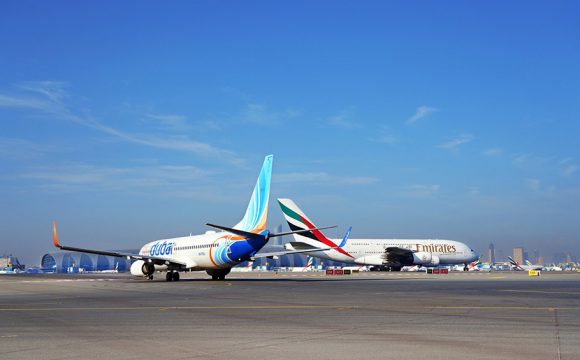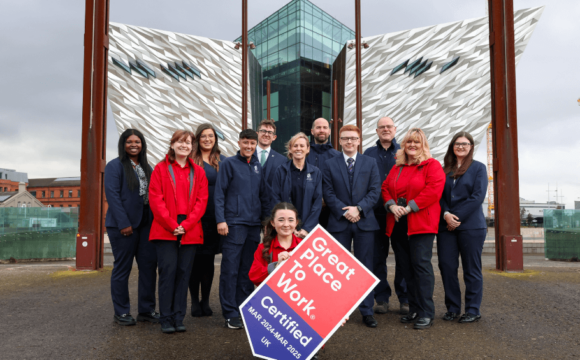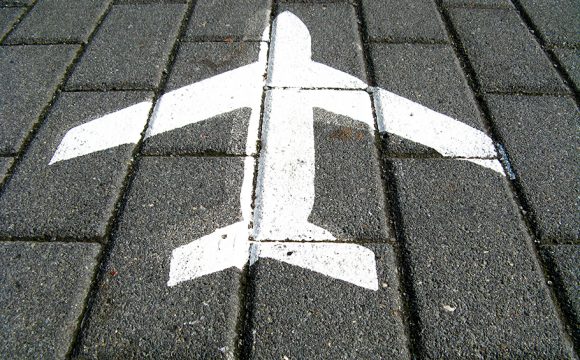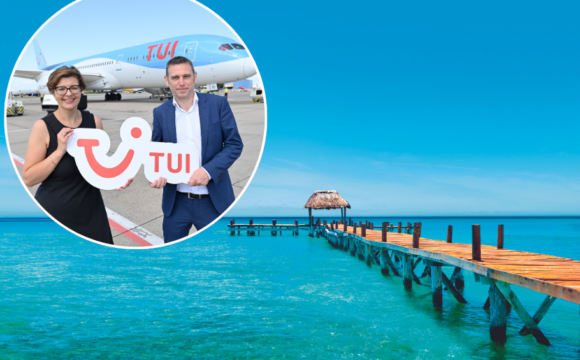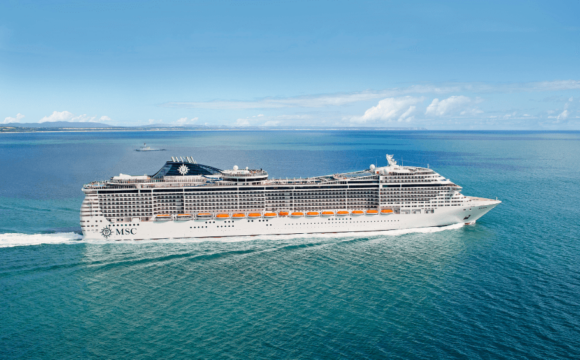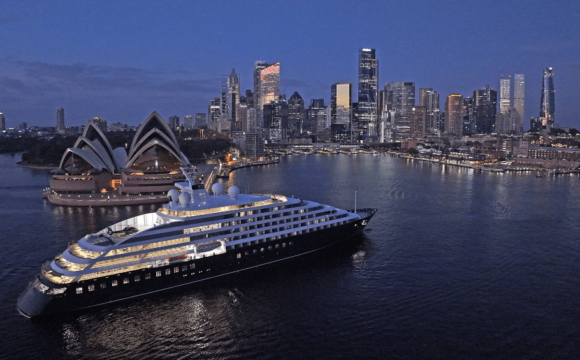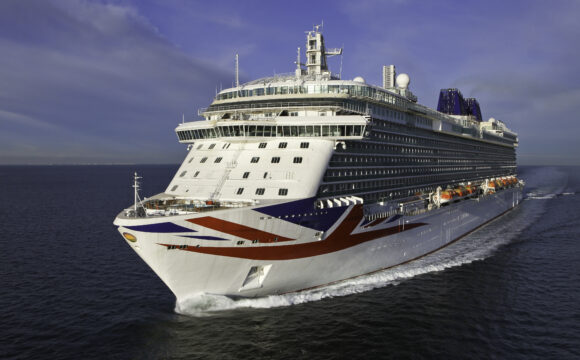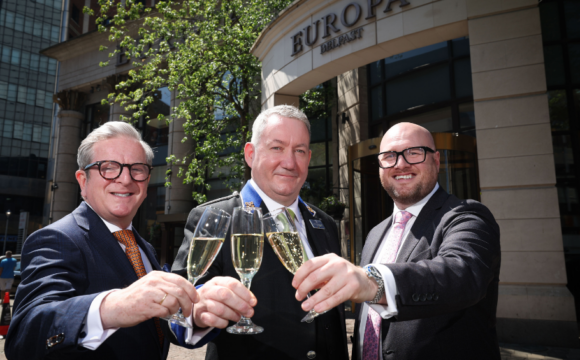EasyJet have released a statement urging the government to work closely with the industry to deliver zero-emission technology needed to transform the industry over the coming decade and beyond.
Johan Lundgren, CEO of easyJet, said:
“This is an exciting time for the industry where true zero-emission flight is within reach. Hydrogen and electric powered aircraft are already flying, with companies like Airbus committed to scaling the technology for commercial flights and aiming for entry into service in the 2030s. So, we all need to play our role to ensure that the infrastructure is ready for these exciting new aircraft.
“But the industry can’t do it alone. We need governments to help the industry meet ambitious emissions reduction goals by championing financial and regulatory support for green technologies and investments in zero-emission aircraft. We stand ready to work with our partners and the wider industry to help deliver a more sustainable future for the industry.”
EasyJet have said they are committed to reaching the EU target of net zero emissions by 2025. Making flying more sustainable is something easyJet has long prioritised – from being the only major European carrier carbon offsetting on behalf of all its customers, while proactively working alongside industry leaders, such as Airbus, to champion zero-emission technologies for passenger planes of the future. The airline operates Airbus NEO aircraft, which are 15 per cent more fuel-efficient than the planes they replace, and they continue to join easyJet’s fleet, making it one of the youngest and most fuel-efficient in Europe.
Since 2000, EasyJet has reduced its carbon emissions per passenger kilometre efficiency by more than a third; they have done so through single-engine taxiing on departure and arrival, along with the use of advanced weather information to improve navigation performance. Reducing plastic has also been a major area for EasyJet who, in 2020, eliminated more than 27 million single-use plastic items. This was in addition to producing crew uniforms out of recycled plastic bottles which run at a 75% lower carbon footprint than the traditional polyester garments.
- In the statement, EasyJet have asked the government to invest and support the development of new technology surrounding zero-emission flights by:
Supporting the development of zero-emission aircrafts (ensuring that the current focus on SAF is not at the expense of zero-emission technology) - Revenue raised from aviation taxes should be used to help fund R&D into hydrogen technology
- Supporting the development of hydrogen supply and infrastructure at airports
- Making investments into renewable energy (wind, solar etc.) to support the creation of green hydrogen for aviation
The airline has also asked that financial incentives be put in place such as tax exemptions for zero-emission aircrafts, that airspace charges are modulated to incentivised early adopters of hydrogen powered aircrafts, airlines flying with hydrogen powered aircrafts should prioritised with peak slots at primary airports and there be cost reductions of airport charges for zero-emission aircrafts.
Lastly, EasyJet have highlighted how it is crucial that the European commissions and national governments deliver on objectives for the single European Sky- Allowing airlines to fly more direct routes could reduce European aviation’s emissions by up to 11%. Offsets should also be formally recognised as an interim step until new technologies are available to scale which all carriers could start doing today.
They have also requested that all carriers take part in decarbonisation, not just those flying short-haul or those flying intra-EEA. This means including long haul flights in policies such as the Emissions Trading System (ETS), the EU’s proposed fuel tax, and any SAF mandates. EasyJet was all carriers to ‘play their part’ in reducing aviation’s impact, especially long-haul flights which are responsible for the most emissions.
Guillaume Faury, CEO of Airbus, said:
“I can only welcome easyJet’s call for a strong collaboration between industry and governments as we establish our collective path to net-zero. As an early partner on our journey towards hydrogen-powered commercial aircraft, easyJet is playing an active role in shaping the future of flight and we are committed to our continued partnership in this field.”



